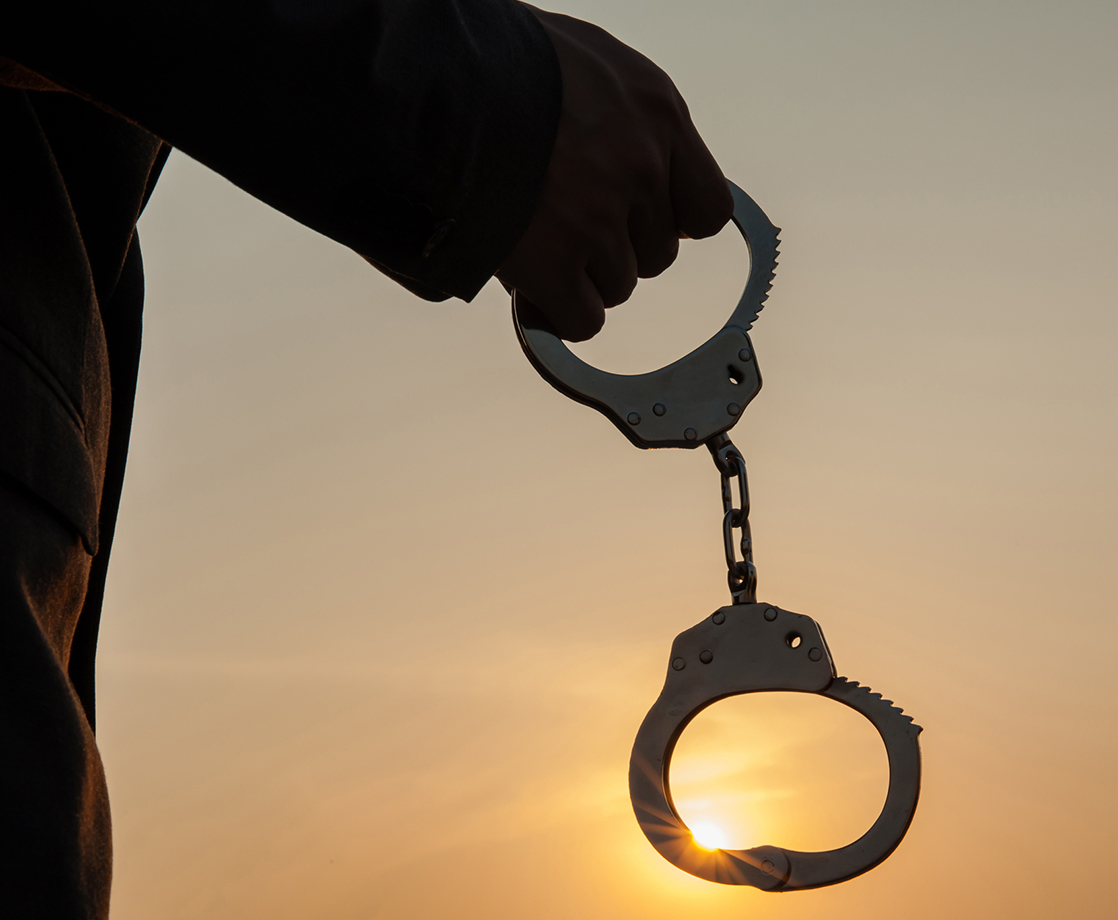A growing number of California towns and counties have announced that they will take steps to help low-level cannabis offenders clear their criminal records. Proposition 64 not only made recreational cannabis use legal in the Golden State, but it also allowed anyone with a minor cannabis offense on their record eligible to have that record reduced or even expunged entirely.
But individuals must start this process themselves, which takes time and money, things that may be in short supply to many low-income individuals who have been disproportionately targeted by cannabis prohibition laws. It has been estimated that around one million Californians have pot-related criminal records that are eligible for sealing or reduction, but as of last fall, only around 5,000 people had applied to start the process themselves.
Several local district attorney's offices across the state are stepping up to help former offenders by automatically identifying eligible records and clearing them. This January, San Francisco District Attorney George Gascón made headlines by announcing that his office would retroactively seal and dismiss over 3,000 misdemeanor cannabis cases dating back to 1975, and was further investigating thousands of eligible felony cases. Days later, San Diego officials announced that they had already sealed or reduced 700 cannabis convictions, and were investigating another 4,000 cases.
In February, Alameda County announced plans to dismiss almost 6,000 old cannabis convictions. "California is offering a second chance to people convicted of cannabis crimes, from felonies to small infractions, with the opportunity to have their criminal records cleared," Alameda County District Attorney Nancy O'Malley said in a statement reported by CBS San Francisco. "We join our state officials and intend to reverse decades of cannabis convictions that can be a barrier for people to gain meaningful employment."
Earlier this month, the Sonoma County District Attorney's Office announced that they will begin clearing around 3,000 marijuana-related convictions. The office has invited anyone who is eligible to have cannabis-related offenses cleared or reduced to fill out a petition. Sonoma County DA Jill Ravitch has assigned a deputy district attorney to process these petitions.
Last week, Yolo County officials also announced that they would be working to automatically clear some offenders' records. Yolo County DA Jeff Reisig told NBC affiliate KCRA3 he had identified 711 eligible cases dating back to 2009, but that his office's "case management system wasn't as efficient at identifying" eligible records before that time. Reisig said that anyone else who is eligible to have their records cleared can contact his office and apply for a petition at no charge. "If they're entitled to relief, they don't even have to come to court," he said.
But as the number of local governments willing to help with expungements grows, Los Angeles, where around 40,000 people have been charged with cannabis-related felonies since 1993, is notably absent from the list. L.A. County DA Jackie Lacey has said that her office will not be helping offenders clear their records.
That may be due to change if a new bill proposed by Assemblyman Rob Bonta passes. Assembly Bill 1793 would require all county courts in the state to identify eligible convictions and automatically expunge or redesignate them. "Government is supposed to provide rights to individuals, not create bureaucratic barriers and obstacles that prevent individuals from enjoying those rights," Bonta explained to MERRY JANE.











